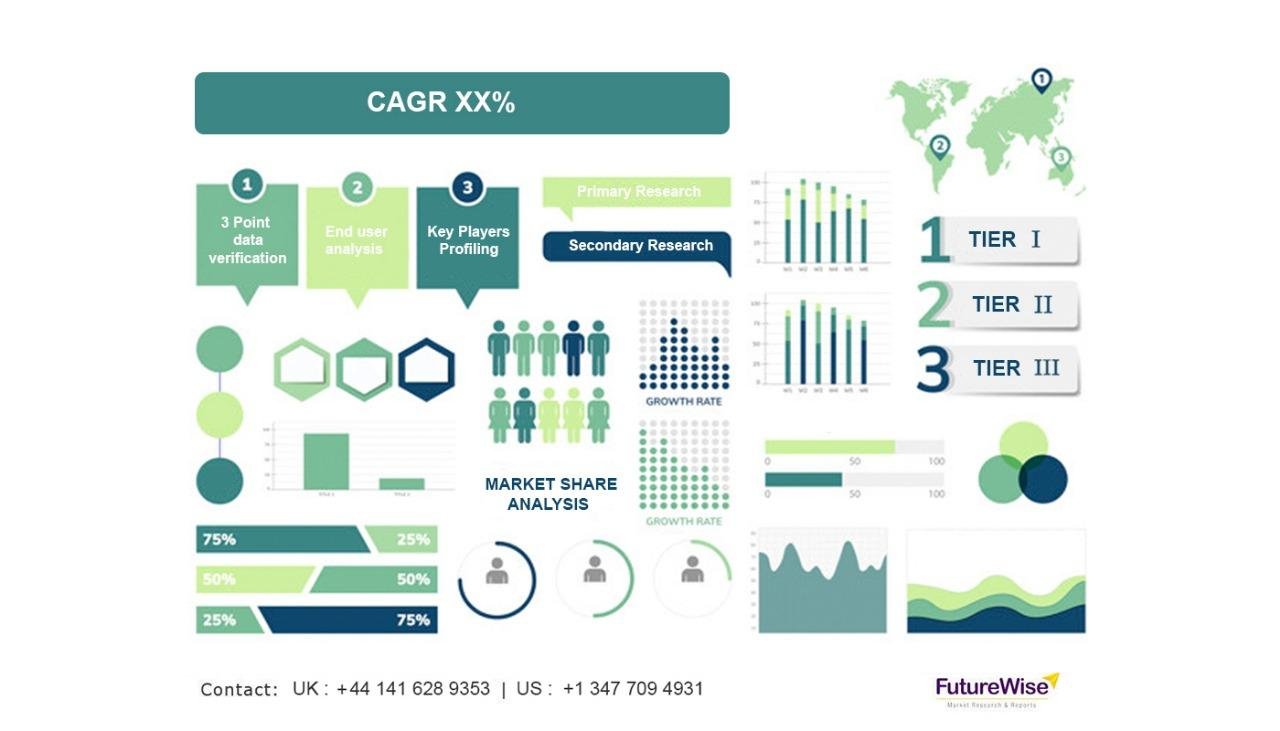Biologics and biosimilars are pivotal components of contemporary medicine, significantly influencing the treatment landscape for complex diseases. Biologics are sophisticated therapeutic products derived from living organisms, such as proteins, antibodies, or cells, specifically engineered to target particular disease pathways with precision. Unlike traditional small-molecule drugs, which are synthetically manufactured, biologics are complex and large molecules created through elaborate biotechnological methods. These products are utilized to manage various conditions, including cancer, autoimmune disorders (such as rheumatoid arthritis and psoriasis), and rare genetic diseases. They provide targeted therapies that can either modulate immune responses or inhibit proteins responsible for disease progression. Notable examples of biologics include monoclonal antibodies, vaccines, and gene therapies, which have considerably improved patient outcomes.
Biosimilars, in contrast, are highly comparable versions of established biologics that are developed once the original biologic’s patent has lapsed. It is important to note that biosimilars are not identical to generics, due to the complex nature of biologics and their sensitivity to variations in the manufacturing process. To ensure that biosimilars show no clinically meaningful differences in safety, efficacy, and quality compared to the reference biologic, they undergo thorough testing. Regulatory agencies, such as the FDA and EMA, enforce strict guidelines for the approval of biosimilars, which necessitate a comprehensive array of analytical, preclinical, and clinical studies.
The emergence of biosimilars carries significant implications for the healthcare sector, particularly by enhancing access to expensive biologic therapies. By providing more affordable alternatives, biosimilars can stimulate competition, potentially lowering healthcare costs while still delivering therapeutic advantages. Nonetheless, there are ongoing challenges, including the acceptance of biosimilars by physicians and patients, concerns regarding interchangeability, and the intricacies of the regulatory approval process.
In summary, biologics and biosimilars are transforming the pharmaceutical landscape, striving to balance innovation with accessibility. As advancements in biotechnology continue, their roles in personalized medicine and global health are poised to expand, addressing unmet medical needs while navigating economic and regulatory challenges.FutureWise Market Research has published a report that provides an insightful analysis of Biologics and Biosimilars Market trends that are affecting the overall market growth.
Request a Free Sample @ https://www.futurewiseresearch.com/contact.aspx?rpt=9812&type=requestsample
Biologics and Biosimilars Market Segmentation:
By Type
- Monoclonal Antibodies
- Interferon
- Erythropoietin
- Insulin
- Vaccines
- Other
By Applications
- Tumor
- Diabetes
- Cardiovascular
- Hemophilia
- Other
By Region
- North America
- Europe
- Asia-Pacific
- Latin America
- Middle East and Africa
Competitive Landscape in Biologics and Biosimilars Market:
- Roche
- Amgen
- AbbVie
- Sanofi-Aventis
- Johnson and Johnson
- Pfizer
- Novo Nordisk
- Eli Lilly
- Novartis
- Merck
- 3sbio
- Changchun High Tech
- CP Guojian
- Biotech
- Gelgen
- Innovent
- Dong Bao
- Ganlee
Buy now the latest version of this report: https://www.futurewiseresearch.com/checkout.aspx?ReportId=9812&license=multi
**Objectives of this Study: **
- To provide a comprehensive analysis of the Biologics and Biosimilars Market By Type, By Applications and By Region.
- To offer detailed insights into factors such as drivers, restraints, trends, and opportunities, as well as segmental and regional influences on market growth.
- To evaluate current market trends and forecast micro-markets, presenting overall market projections in the form of data sets and PowerPoint presentations.
- To predict the market size in key regions, including North America, Europe, Asia Pacific, Latin America, and the Middle East and Africa.
Flexible Delivery Model:
- We have a flexible delivery model and you can suggest changes in the scope/table of contents as per your requirement
- The customization services offered are free of charge with the purchase of any license of the report.
- You can directly share your requirements/changes to the current table of contents to: sales@futurewiseresearch.com
